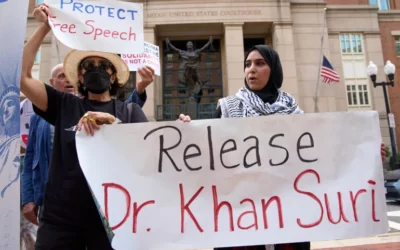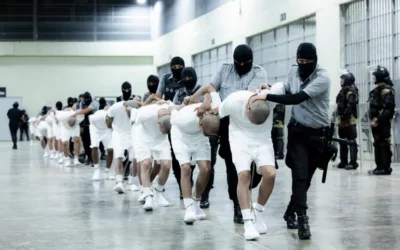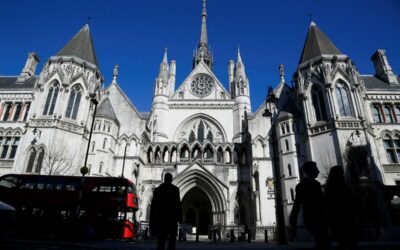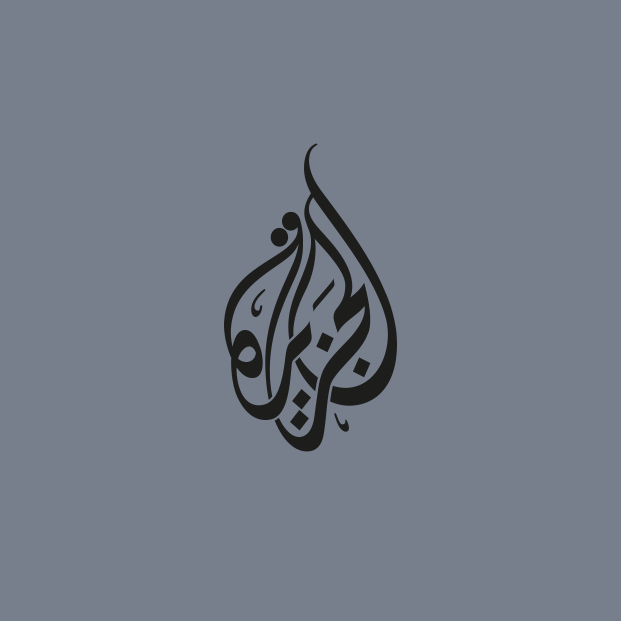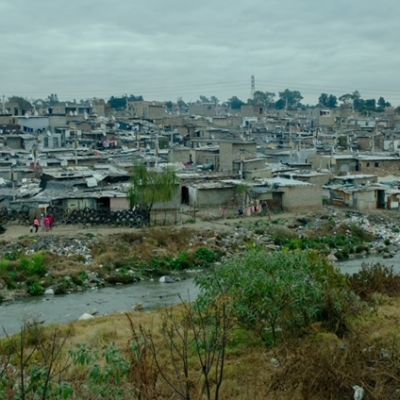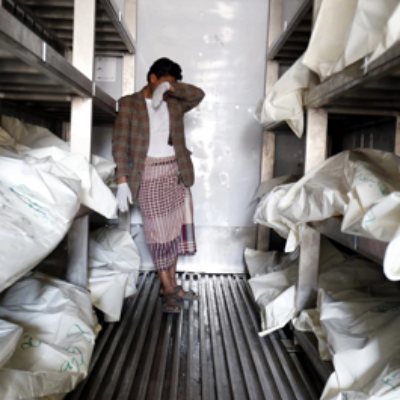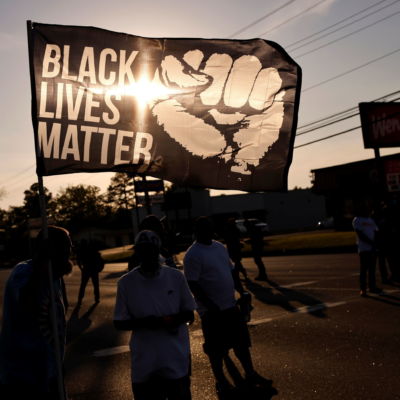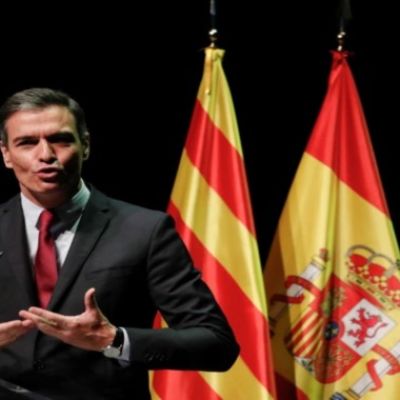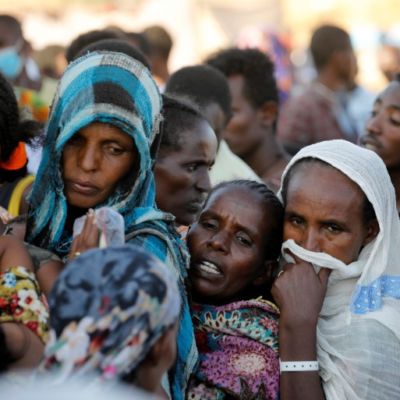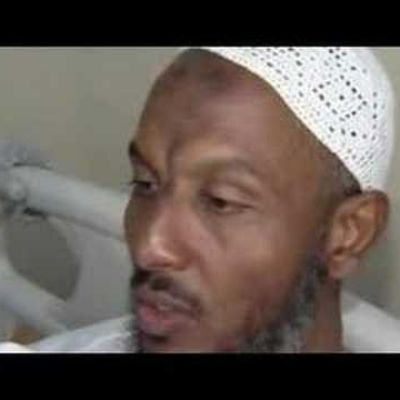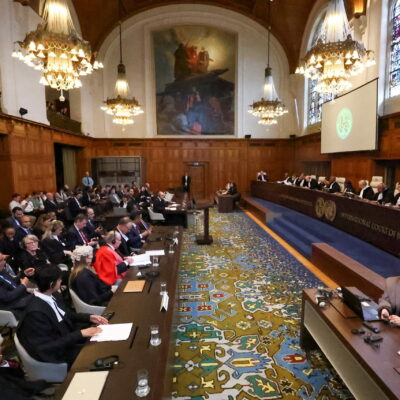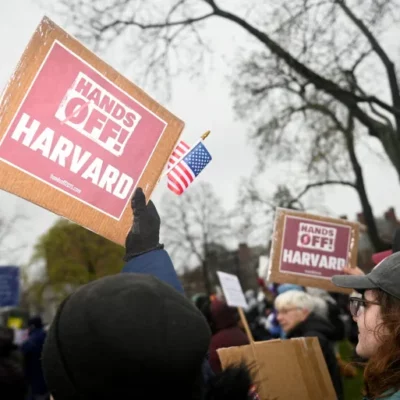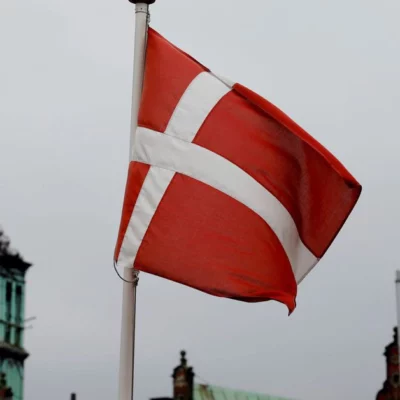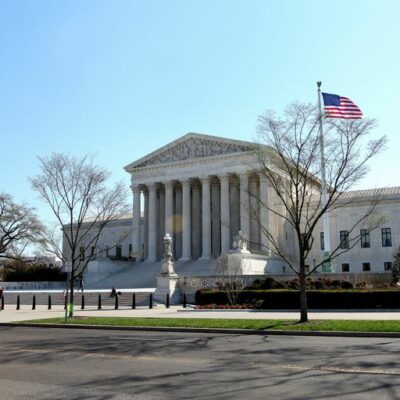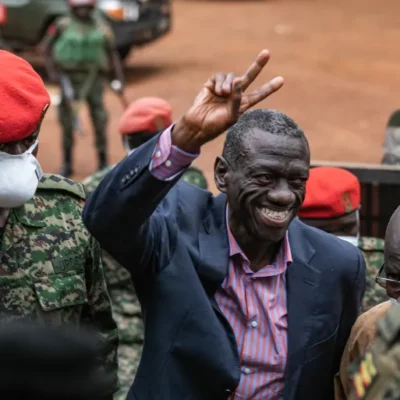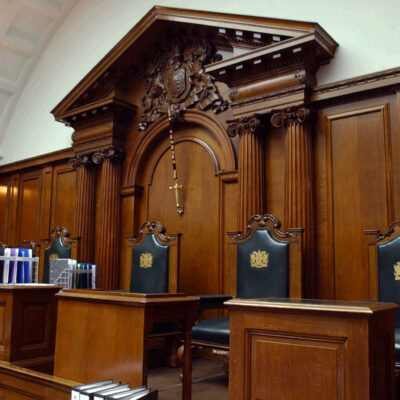Q&A: ‘Test for rule of law in Rwanda’ Phil Clark on Rusesabagina trial
![Phil Clark [Phil Clark/Al Jazeera]](https://liberties.aljazeera.com/media/2021/04/1617609141.jpg)
Phil Clark [Phil Clark/Al Jazeera]
Paul Rusesabagina was arrested in late August 2020 after he was taken from Dubai and brought to Rwanda. Rusesabagina subsequently claimed he was kidnapped.
Rusesabagina, a Rwandan who acquired Belgian citizenship, has been credited for sheltering more than 1000 Tutsi people inside a hotel he managed in Kigali, the Hotel de Mille Collines, during the 1994 genocide. He fled Rwanda after the genocide.
Rusesabagina became well-known internationally after an acclaimed film, Hotel Rwanda, portrayed his acts of heroism.
A vocal critic of the ruling Rwandan Patriotic Front (RPF) and Rwandan President Paul Kagame, Rusesabagina has been charged with nine offences for starting an armed group, the National Liberation Front (NLF) in recent years that is accused of staging deadly attacks in Rwanda. The charges include ‘terrorism’ and murder. He is currently being tried alongside 20 other members of the FLN accused of terrorism all of whom had pleaded guilty.
Human Rights Watch has described Rusesabagina’s arrest as amounting to an enforced disappearance and a violation of international law.
Phil Clark is Professor of International Politics at the School of Oriental and African Studies in London and an expert on Rwanda and responses to genocide. He speaks to Al Jazeera about Rusesabagina’s trial.
Al Jazeera: Why did Rusesabagina indicate that he will not attend his trial? Will his non-appearance jeopardise his trial?
Clark: Rusesabagina and his lawyers have stopped attending the trial because the judges refused his request for another six months to prepare his case. This request would have been more convincing had it come at the start of the trial rather than after several weeks of accumulated evidence against Rusesabagina.
The judges have now ruled that the case will proceed in his absence. Without the presence of Rusesabagina and his lawyers in the courtroom, he is in effect forfeiting the ability to defend himself. For the time being, the prosecution has decided to move ahead with its case against Rusesabagina’s 21 co-accused, perhaps hoping that he and his lawyers will change their minds and return to court.
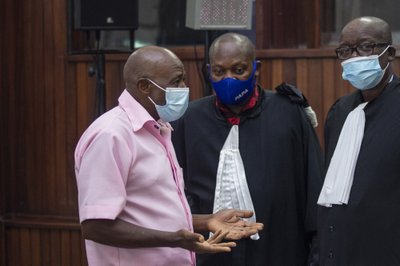
Paul Rusesabagina speaking to his lawyers at the trial in Kigali on 26 February 2021.
Al Jazeera: How do you estimate his chances of getting a fair trial? What is the relevance of the way in which he was brought to Rwanda to stand trial?
Clark: The recent history of high profile criminal cases in Rwanda suggests that Rusesabagina will get a fair trial. Defence counsel and international human rights groups often argue that a fair trial is impossible in Rwanda. Close monitoring of recent cases against opposition political figures and extradited genocide suspects, however, has shown a high degree of fairness. Rusesabagina’s trial is being broadcast live (with simultaneous translation in English, for an international audience) which indicates a dedication to transparency.
Rusesabagina’s defence team have raised two challenges so far concerning the fairness of his trial. First, they challenged the legality of his transfer from Dubai to Kigali, which they argued amounted to extraordinary rendition. The situation was more complex, with Rusesabagina tricked by a close Burundian associate – who has testified in this case – into believing he was travelling to Burundi.
The defence undermined their argument by initially claiming that Rusesabagina had been forcibly bundled onto an aircraft then bound, gagged and drugged. On those grounds, his lawyers sued the airline involved in his transfer – but those claims seem far-fetched given the evidence already presented in this case about how Rusesabagina arrived in Kigali.
Second, the defence cited a recent Al Jazeera interview with the Rwandan minister of justice, Johnston Busingye, in which he indicated that prison authorities had intercepted some of Rusesabagina’s correspondence with his defence team. The Rwandan government responded that it is normal procedure to check materials passing in and out of prison. It is certainly problematic that any government authority had access to materials between Rusesabagina and his lawyers. The exact details of that incident, though, and any bearing they may have on the substance of the case are currently unclear.
Al Jazeera: What is the substance of the terrorism charges against him?
Clark: The crux of the prosecution’s case against Rusesabagina is that he allegedly aided and abetted crimes committed on Rwandan territory by the National Liberation Front (FLN), the armed wing of the political party he leads, the Rwanda Movement for Democratic Change (MRCD). The prosecution alleges that Rusesabagina was involved in the formation of the FLN, which the Rwandan government considers a terrorist organisation. Under Rwandan law, forming such a group itself is considered an act of terrorism.
More specifically, Rusesabagina is accused of financing the FLN’s attacks against Rwandan civilians, including an attack in southern Rwanda in 2018 that killed nine people. In the 300-page indictment, the prosecution outlines a trail of Western Union and other financial transfers from Rusesabagina to FLN operatives on the ground, alleging he had full knowledge these funds would be used for the FLN’s military activities.
Al Jazeera: What do you make of the allegation that he has engaged in genocide denial?
Clark: While Rusesabagina isn’t accused of the crime of genocide denial in this trial, this accusation has been levelled against him in the past. While I haven’t seen clearcut evidence that he has actively denied the 1994 genocide against the Tutsi, over time he appears to have propagated what is known as the “double genocide” thesis – the false claim that the genocide against Tutsi was followed by a genocide against Hutu, committed by the Tutsi-dominated rebels and current ruling party in Rwanda, the Rwandan Patriotic Front (RPF), in revenge for the first genocide. This view is common in extremist Hutu circles in the Rwandan diaspora – a constituency Rusesabagina has actively courted in recent years, as he has tried to build a political base in North America and Europe.
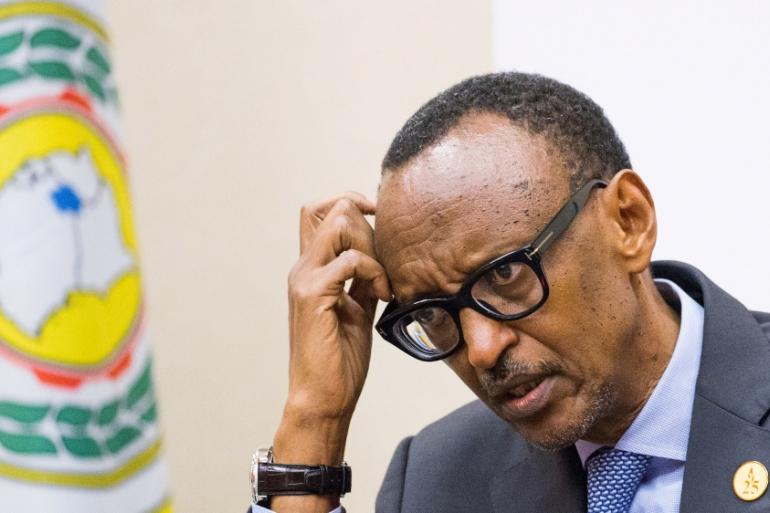
Rwandan president Paul Kagame [Al Jazeera]
Al Jazeera: What does the case say about the rule of law and democracy in Rwanda today?
Clark: Rusesabagina’s trial is an important test case for the rule of law and fair trial standards in Rwanda. He has a powerful public relations team, with vocal celebrity backers, working overtime to argue that he won’t get a fair trial. The key is to watch the trial closely, ignoring the noise coming from all sides, and to judge it based on what transpires in the courtroom.
The case also puts a spotlight on the state of the Rwandan political opposition inside the country and abroad. No one doubts that life is very difficult – sometimes even dangerous – for many of Kagame’s opponents. Some foreign commentators, however, have begun to claim that, because of that situation, opponents such as Rusesabagina are understandably driven, against their democratic instincts, to take up arms against the RPF. There are fresh attempts to legitimise violent opposition to Kagame’s government, as the only way to achieve democracy in Rwanda. This is a dangerous argument and risks emboldening a wide range of armed actors – mostly based in Congo – seeking the violent overthrow of the Rwandan state.
Al Jazeera: Should the international community be involved in this trial?
Clark: International actors should continue to monitor the trial closely, as they are currently doing. As I’ve seen in the courtroom myself, foreign embassies and NGOs have trial monitors present every day of the trial. Through the videolink, it’s also possible for foreign observers abroad to follow every stage of the case.
The indictment against Rusesabagina – and the fact that both the US and Belgian authorities have cooperated closely with Rwandan investigators – shows there is at least a prima facie case to answer. Rusesabagina’s backers aren’t only arguing that he won’t receive a fair trial in Rwanda. They are arguing that he shouldn’t receive a trial anywhere. Their claim is that the hero of Hotel Rwanda couldn’t possibly have done the things he’s accused of and this case stems solely from Rusesabagina’s increasingly vocal opposition to Kagame.
There are undoubtedly complex politics behind this case. However, to ignore the alleged FLN atrocities and the possibility that Rusesabagina, as a distanced financier, may have become implicated in those, would be to preference a Hollywood version of events over the reality of how violence unfolds in this region.
This interview has been edited for clarity and brevity.

